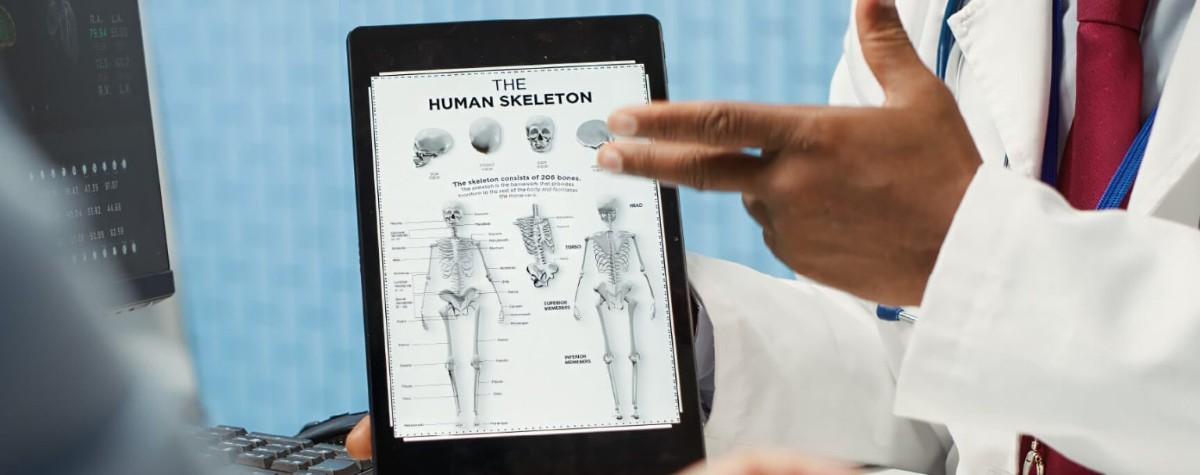
Telemedicine App Revolutionizing Virtual Care
Telemedicine app development enables remote care, e-prescriptions, and patient monitoring, improving healthcare access and efficiency.



© 2024 Crivva - Business Promotion. All rights reserved.